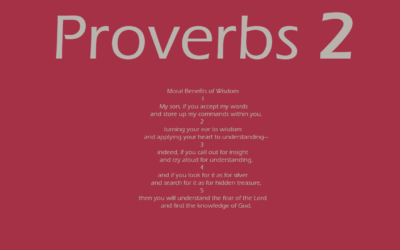Rogation is an ancient church festival that seeks blessings for a community and its sustenance. The word rogation comes from the Latin verb rogare, meaning “to ask,” which reflects the beseeching of God for protection from calamities. As the Book of Common Prayer says, “Rogation Days are the three days preceding Ascension Day, especially devoted to asking for God’s blessing on agriculture and industry.”
Since medieval times, there has been a tradition of “beating the bounds” of the parish, praying for God’s blessing upon the crops and thus the well-being of that particular settlement. Some parishes still observe this tradition today, with a procession, prayers, and a sharing of hope in God’s goodness to nourish every endeavor that enables people to flourish.
The Fifth Sunday after Easter is traditionally known as “Rogation Sunday” in the Traditional Anglican calendar of festivals. This is because the following week’s Monday, Tuesday, and Wednesday are known as the “Rogation Days,” days for fasting and prayer. The Thursday of that week is the feast of the Ascension, which comes on a Thursday, the 40th day after Easter (when Easter Sunday is counted as the 1st day). Rogation Sunday falls on the 5th Sunday after Easter Sunday.
Rogation is a festival that unites us all, inviting us to ask for blessings—for our particular places, for all its inhabitants, and for every endeavor to promote the common good. It is a celebration of inclusivity, joining everyone in seeking sustenance and a commitment to play their part in its provision. Some churches even offer blessed crosses for planting in gardens and farm fields, symbolizing our shared hope and faith. This sense of unity and shared purpose is what makes Rogation festival truly special.
What could be a more appropriate occasion for recognizing that in modern days, those less fortunate are hidden in many rural settings and urban areas, their lives and struggles unrecognized, and their well-being ignored? As churches celebrate the opportunity to ask for blessing in each parish, may we not only recognize the realities of those who lack a proper place in the community but also include them in our prayers and endeavors. Let us commit to making their needs known so they may be a precious part of the fuller unfolding of God’s goodness, not only their physical but also their spiritual needs. This is a time for us to reflect on our compassion and empathy towards those in need.
Join Us at St. Timothy’s ACC as “this is a time for us to reflect on our compassion and empathy towards those in need.”
1 John 4: 1-8
4 Beloved, believe not every spirit, but try the spirits whether they are of God: because many false prophets are gone...
Proverbs 2 – NIV
Proverbs 2 New International Version Moral Benefits of Wisdom 2 My son, if you accept my words and store up my...
Psalm 121:7-8 KJV
Psalm 121:7-8 New International Version 7 The Lord will keep you from all harm— he will watch over your life;8 the...
